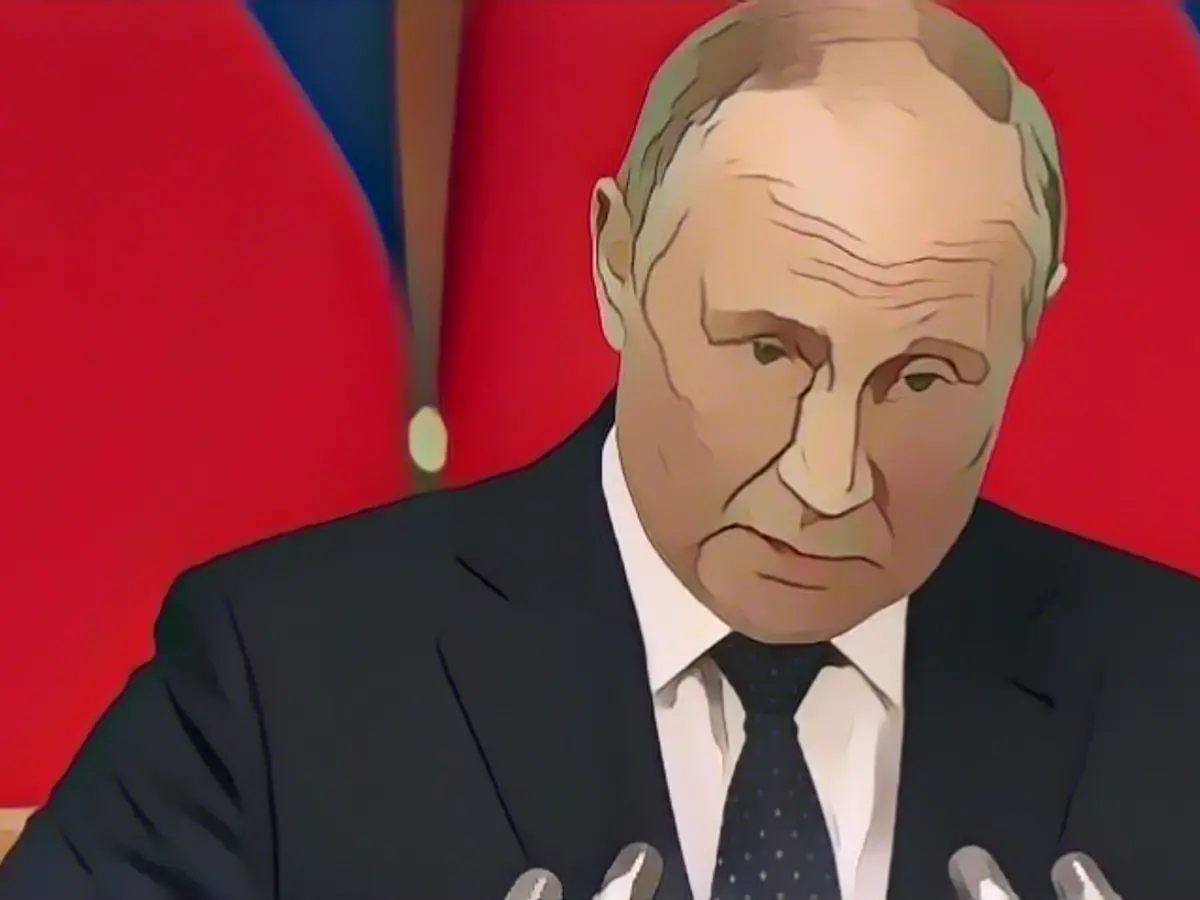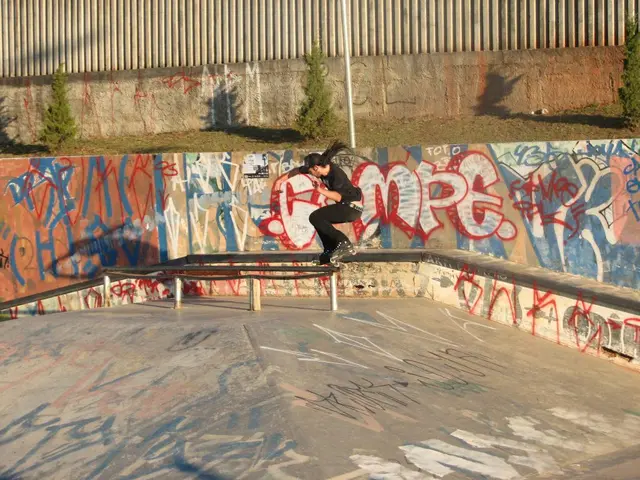It's about time for Russia and NATO to dial down the nuclear war games. With tensions between these superpowers escalating, it's crucial to remember that a nuclear conflict is a lose-lose scenario.
Recent threatening statements from Russian leaders, such as President Putin's nuclear threats towards Ukraine, necessitate a serious re-evaluation of our conflict resolution approach. We need to step out of the dangerous cycle of nuclear one-upmanship and instead, seek common ground.
Let's delve into the grim consequences of a nuclear war. According to the Federation of American Scientists, as of now, the United States and Russia hold around 3,000 nuclear weapons aimed at each other. A 2002 study revealed that if 300 Russian nuclear missiles were launched at American cities, an estimated 77 to 105 million people would perish in the first day alone. The chaos wouldn't stop there; essential infrastructure like power grids, communication systems, and food distribution would crumble. The survivors would likely succumb to malnutrition, disease, radiation sickness, and exposure.
Moreover, such an attack would ignite fires that would release millions of tons of soot into the atmosphere, blocking sunlight and causing global temperatures to plummet to levels unseen since the last Ice Age. This environmental catastrophe would likely lead to a collapse of agriculture and a worldwide food crisis, ultimately threatening modern civilization.
Nuclear weapons, initially designed as deterrents to prevent all-out war, have ironically magnified the threat they pose. While a larger nuclear arsenal might make a nation feel secure, it simultaneously undermines real security. Utilizing these weapons by any nation would inevitably result in their own annihilation.
History teaches us that wars are mostly ignited by misunderstandings, misinterpretations, or miscalculations rather than firm wishes to destroy an enemy. Wars often fueled by tribal or nationalistic fervor, suggesting that there will always be individuals who are willing to risk humanity's survival to prove their superiority.
Remember the 1983 film "War Games"? In it, a young boy inadvertently triggers a global nuclear conflict while trying to win a computer simulation. With nuclear weapons, the first move is likely to be the last. To prevent humanity from experiencing this catastrophic fate, it's essential to halt the game before it begins. We must acknowledge the devastating consequences of a nuclear war and in turn, devise more peaceful solutions to international conflicts.
In March, 18 Nobel Peace Prize laureates joined forces to issue a statement urging Russia and NATO to abstain from using nuclear weapons in their conflicts. Over a million people have supported this call to action. Major nuclear powers can no longer hold their population and the world hostage. It's high time for the United States, Russia, and the remaining nuclear-armed nations to convene and negotiate an enforceable, verifiable timeline for dismantling their nuclear arsenals. Joining the Nuclear Weapons Ban Treaty could pave the way for a more peaceful and secure world.
The survival of our planet relies on our collective determination to decrease the likelihood of nuclear war. It's our collective responsibility to remind our leaders that peace is the only true victor in any conflict. The dance of nuclear one-upmanship is a risky game with no winners. Only by working together to reduce our reliance on nuclear weapons can we ensure a safer future for our children and generations to come. Let's put an end to this deadly game before it leads to our shared demise.
Implementing a multi-faceted approach is crucial to strengthen international efforts to discourage Russia and NATO from using nuclear weapons and negotiate a timeline for dismantling their nuclear arsenals. This approach includes:
- Reaffirming international treaties and agreements, such as the Nuclear Non-Proliferation Treaty (NPT) and Comprehensive Nuclear-Test Ban Treaty (CTBT), to emphasize the importance of non-proliferation and disarmament, particularly in the context of the war in Ukraine.
- Bolstering diplomatic efforts through convening a permanent special session of the UN General Assembly to ensure continuous negotiations aimed at fostering peace in Eastern Europe, particularly in relation to the war in Ukraine.
- Forming an expert group to create a realistic roadmap for multilateral disarmament, facilitating negotiations among nuclear states and their allies to advance global adoption of the Treaty on the Prohibition of Nuclear Weapons.
- Implementing sanctions and public condemnation on nuclear-weapon states, like Russia and North Korea, for expansionist wars on non-nuclear-weapon states.
- Promoting global norms and awareness, encouraging supportive and constructive language related to the CTBT across relevant forums, and engaging with civil society and international organizations to foster sustainable peace.
By coordinating these strategies, international efforts can be bolstered to dissuade Russia and NATO from using nuclear weapons and negotiate a timeline for dismantling their nuclear arsenals, ultimately supporting global security and disarmament.







